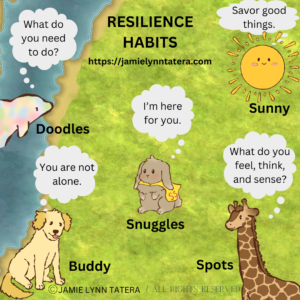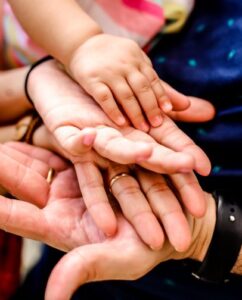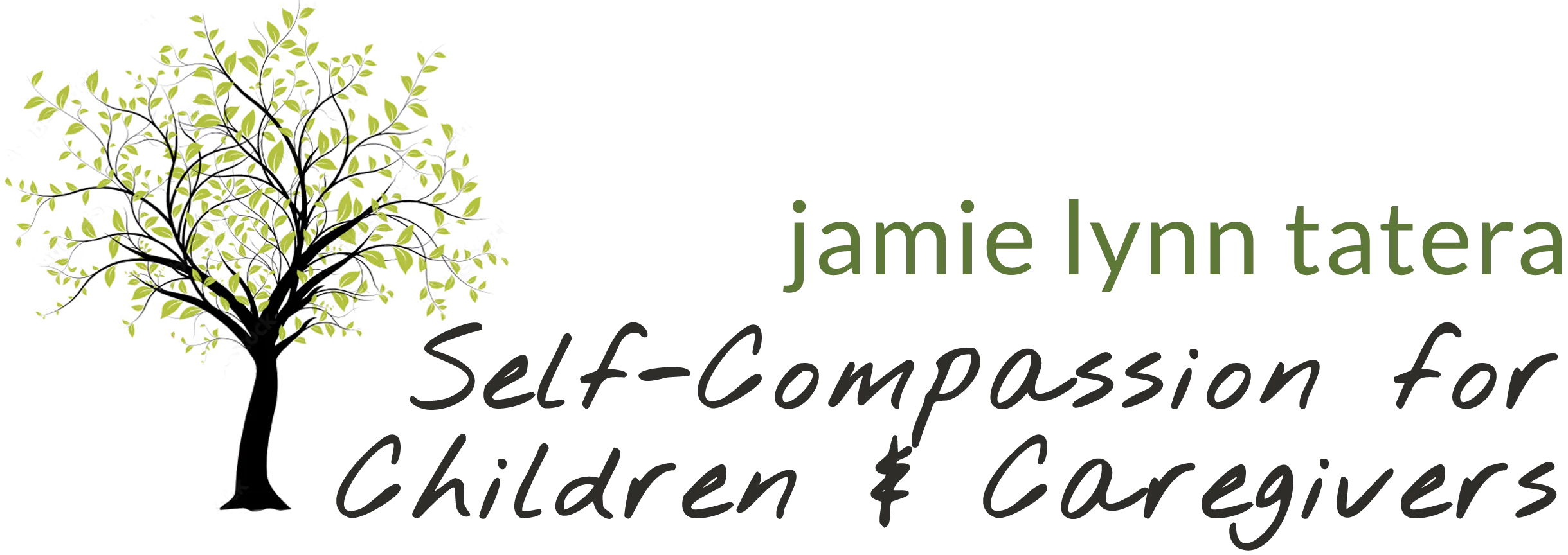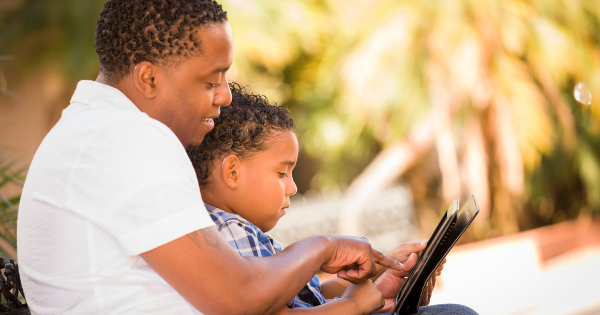Resilience Habits for Parents
Life can be hard. Difficult things happen. And depending on our internal and external resources, we either bounce back or become depleted. Resilience habits build a mindset that can help us bounce back when things get tough.
What are resilience habits?
A resilience habit is something that we do over and over again to build mental and emotional wellbeing. In this course, you will learn five resilience skills that parents and children need to build a resilient mind. These resources include mindfulness, self-compassion and grow the good.

Your family’s resilience begins with you! Build your own resilience and self-compassion skills to create a foundation that you can share with youth.*
In this six-week class, participants will learn:
 Strategies to help yourself deal skillfully with stress, anxiety and other difficult emotions
Strategies to help yourself deal skillfully with stress, anxiety and other difficult emotions- Practices to increase acceptance, compassion and connection
- Mindfulness techniques to increase present moment awareness and peace
- Self-compassion practices to encourage self-kindness
- Skills to cultivate happiness, gratitude and well-being
- A framework for growing your own resilience that can be used to help kids build resilience habits
This class is taught by Jamie Lynn Tatera, a certified Mindful Self-Compassion instructor and the creator and teacher trainer of the Self-Compassion for Children and Caregivers (SCCC) Program. Resilience Habits for Caregivers is based on Jamie Lynn’s Path to Resilience training and incorporates playful metaphors and tips from the SCCC program.
*Note: Even though I am using the words, “parents and families,” this course is also for educators, clinicians, and anyone who works with children.
Upcoming Classes and Workshops
Resilience Habits for Parents (Live online)
Our next Resilience Habits for Parents class will be offered January 2024
6-Week Resilience Habits for Parents class taught by Jamie Lynn Tatera
Standard fee: $298 Supported Fee: $240
Related Testimonials
“I have taken 2 Mindfulness and Self-Compassion courses and a Parenting class with Jamie Lynn (so far) and my only wish is that I had met her sooner! Working with Jamie Lynn, I have learned to be more present in connected in my daily life and interactions with my family and I have gained tools to help me feel more emotionally grounded and balanced. Jamie Lynn’s warmth, openness, empathy and personal experiences make her an effective mindfulness coach. –Melissa S., Shorewood, WI
“This course has been both nourishing and motivating. The strategies have helped me grow self-compassion with the intent to show up more fully with children and others.” –Caroline R., Glendale
Course Outline
Session 1 – Befriending Ourselves: Connect with other caregivers as you learn the science of ingetration, including identifying and validating your own emotions. Learn to treat yourself as you would treat a good friend.
Session 2 – Side-by-Side Feelings: Learn playful metaphors that can help you (and your kids) compassionately hold space for for tricky emotions as well as savor positive emotions – side-by-side!
Session 3 – Practicing Self-Compassion: Discover self-compassion practices that can help you be kind to yourself when things go wrong (sometimes easier said than done).
Session 4 – Cultivating the Garden of Your Mind: We all sometimes experience judgments, worries, and anger tornadoes. Learn to respond skillfully to the tricky thoughts that can prevent you from being your best self. Increase your present moment awareness to increase emotional regulation and well-being.
Session 5 – Balancing Fierce and Tender Self-Compassion: Parenting is all about finding balance. Learn to balance tender self-compassion with a desire to grow and change. Cultivate equanimity and balance self-compassion with compassion for your child.
Session 6 – Embracing Your Life: Because our brain can be “sticky for the tricky,” we need to be intentional about growing positive resources in our mind. Experience playful metaphors and strategies that can help you notice and savor good things.

